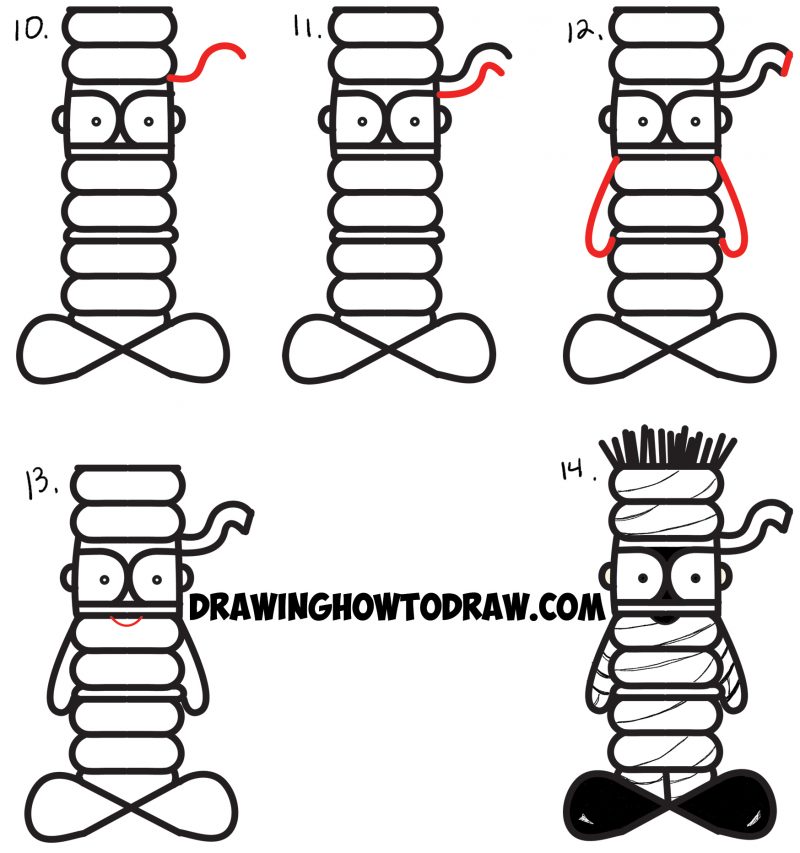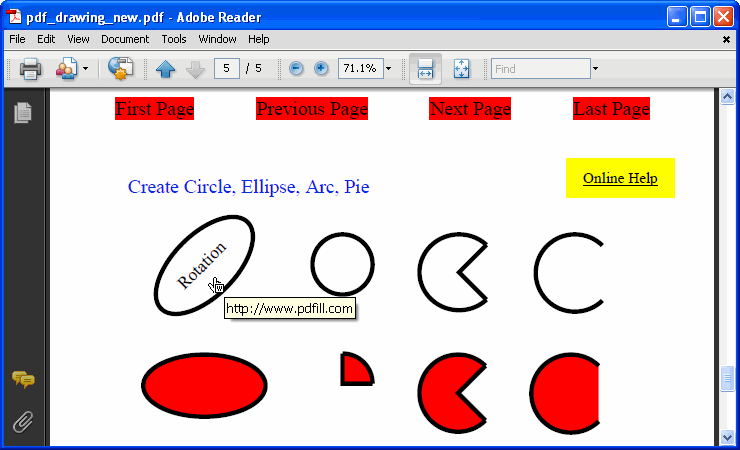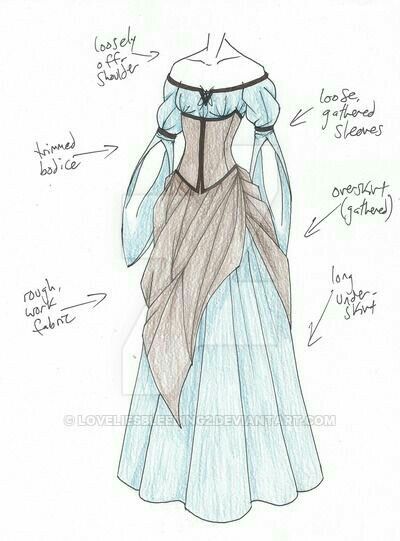Vest drawing
Table of Contents
Table of Contents
Do you want to learn how to draw a vest? Vests can be challenging to sketch, but with the right tips and techniques, you can create a realistic-looking garment that adds depth to your artwork. In this blog post, we’ll explore how to draw a vest and provide helpful tips that you can use to improve your drawing skills. So, grab your pencil and let’s get started!
Pain Points Related to How to Draw Vest
Drawing a vest may seem easy at first glance, but many people struggle with getting the overall shape and proportions correct. Additionally, adding shadows and textures to the vest can be challenging, especially if you’re new to drawing. Finally, choosing the right color palette to bring your vest to life poses its own set of challenges, as each design and material may require different color schemes to create a realistic and visually appealing result.
Answering the Target of How to Draw Vest
To begin drawing a vest, first, outline the garment’s shape, including the armholes and neckline. Try to keep the lines loose and light so that you can adjust the proportions as you go. Once you’re happy with the overall shape, begin adding shadows and highlights to give the vest a three-dimensional appearance. You can also use hatching and cross-hatching techniques to create texture and depth. Lastly, consider the materials of the vest and the colors you want to use to bring it to life. Study the texture and color of the material your vest is made of and use that as a reference for your color palette.
Summary of Main Points
In summary, to draw a vest, you need to outline the shape, add shadows and textures, and choose the appropriate color palette. Attention to detail in the texture and the color of the material is essential to make the vest look authentic. By keeping these pointers in mind, you can create a realistic-looking garment that adds depth and dimension to your artwork.
How to Draw Vest - Tips and Techniques
When creating your design, think about the style and purpose of the vest. For instance, is it for formal wear or casual wear? This will affect the design and materials used in the garment. Consider the size of the vest’s lapels, pockets, and buttons, which will help you create a more realistic-looking sketch.
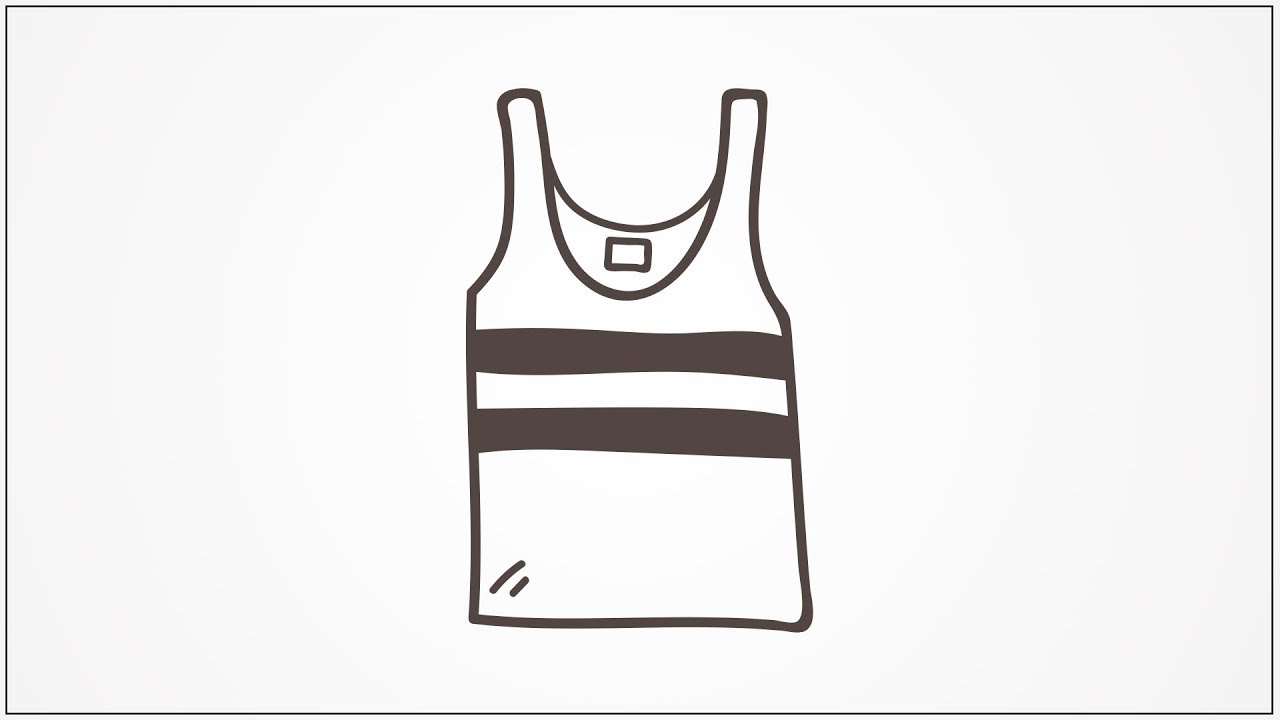 When you’re drawing a vest, pay attention to the folds created by the fabric. If the vest is tight-fitting, the material may create smaller, more subtle folds. On the other hand, if the vest is loose-fitting, the folds may be more pronounced. Use shading to create these folds, and use directional lines to suggest the direction of the fabric’s stretch.
When you’re drawing a vest, pay attention to the folds created by the fabric. If the vest is tight-fitting, the material may create smaller, more subtle folds. On the other hand, if the vest is loose-fitting, the folds may be more pronounced. Use shading to create these folds, and use directional lines to suggest the direction of the fabric’s stretch.
Choosing Colors for Your Vest
When coloring your vest, consider the material it’s made of. If it’s a leather vest, deeper colors like black, brown, or maroon work well. If the vest is made of wool or cotton, lighter shades like beige, gray, or cream are more appropriate. However, to add depth to your design, you can create subtle variations in color, such as shading around the edges of the vest to create shadows.
 ### Important Factors When Drawing a Vest
### Important Factors When Drawing a Vest
When drawing a vest, it’s essential to keep in mind the anatomy of the garment. This includes understanding how the vest is constructed and how it fits on the body. Therefore, studying reference images or using a vest as a reference can be helpful.
Material and Texture of the Vest
The material and texture of a vest are crucial to its look and feel. For instance, a suede vest may have a rougher texture than a vest made from cotton or silk. Paying attention to these small details can help you create a more realistic-looking design.
Common Mistakes to Avoid When Drawing a Vest
A common mistake many people make when drawing a vest is not paying enough attention to the anatomy of the garment. This results in disproportionate or lopsided designs that don’t look realistic. Another mistake to avoid is not creating enough texture or shadows. This can make the vest look flat and lacking in depth.
Questions and Answers About Vest Drawing
Question 1: Can I draw a vest without a reference image?
While it’s possible to draw a vest without a reference image, it’s more challenging to create a realistic-looking design without one. Therefore, using a reference helps provide an accurate representation of the vest’s anatomy and design.
Question 2: What are some texture techniques for drawing a vest?
Hatching and cross-hatching techniques can create texture when drawing a vest. Additionally, you can use stippling, which involves creating dots on the surface of the vest to convey texture and depth.
Question 3: What type of pencils should I use when drawing a vest?
You can use a range of pencils when drawing a vest, but it’s best to use softer graphite pencils such as 2B to create shading and texture. Harder pencils like 4H can be used for outlining and creating lighter shades.
Question 4: How long does it take to master drawing a vest?
The amount of time it takes to master drawing a vest depends on your level of experience with drawing and your dedication to practicing. However, with consistent practice and the use of reference images, you can master the technique of drawing a vest in a few weeks or months.
Conclusion of How to Draw Vest
By following these tips and techniques, you can create a realistic-looking vest that adds depth and dimension to your artwork. Paying attention to the anatomy of the garment, texture, and color are important factors in creating an authentic-looking design. Keep practicing, and with time, you too can master the technique of drawing a vest.
Gallery
Vest Drawing | Free Download On ClipArtMag
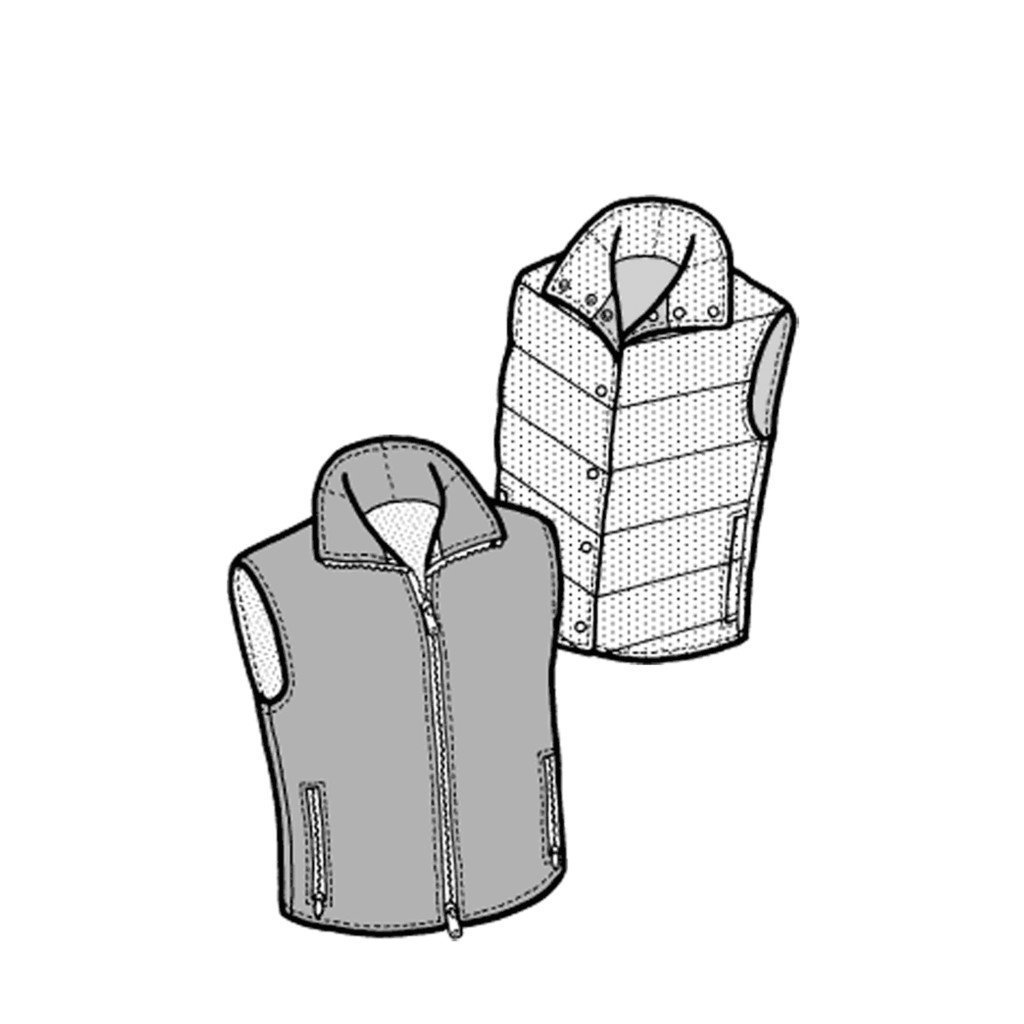
Photo Credit by: bing.com / clipartmag
Vest Drawing At PaintingValley.com | Explore Collection Of Vest Drawing

Photo Credit by: bing.com / vest drawing draw kids drawings step paintingvalley
Vest Drawing | Free Download On ClipArtMag
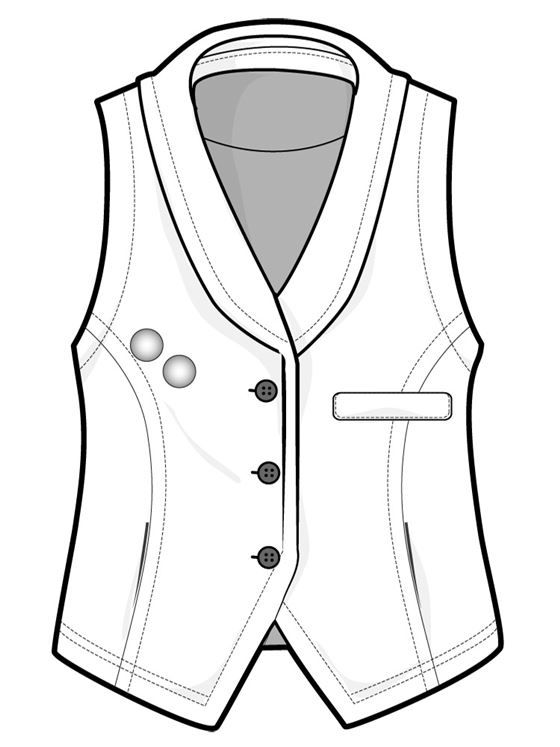
Photo Credit by: bing.com / chaleco garment clipartmag figur
Coloring Vest Bw · Free Image On Pixabay

Photo Credit by: bing.com / coloring vest drawing bw pixabay monochrome
MERCYSPRINTCO. — Basic Mens Vest

Photo Credit by: bing.com / bigcartel


